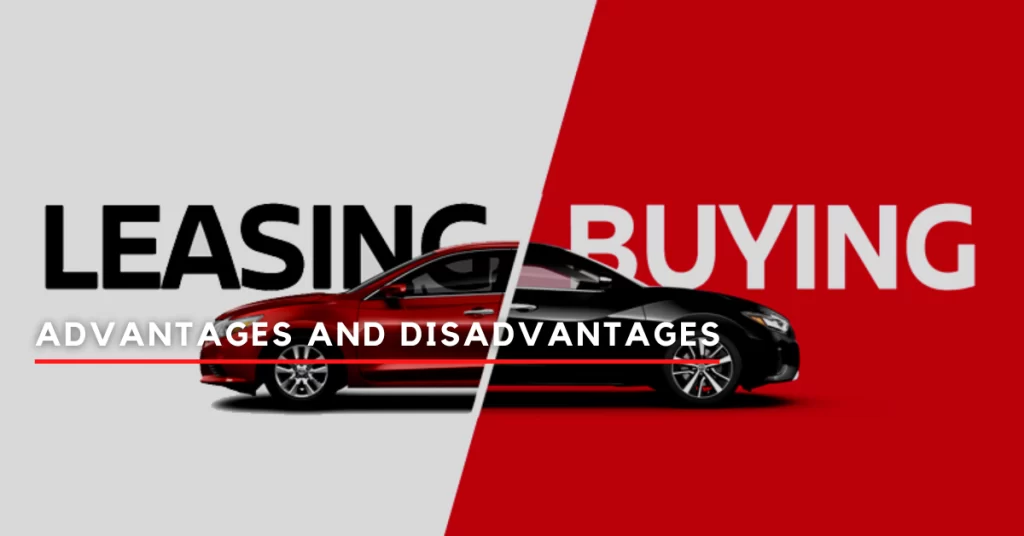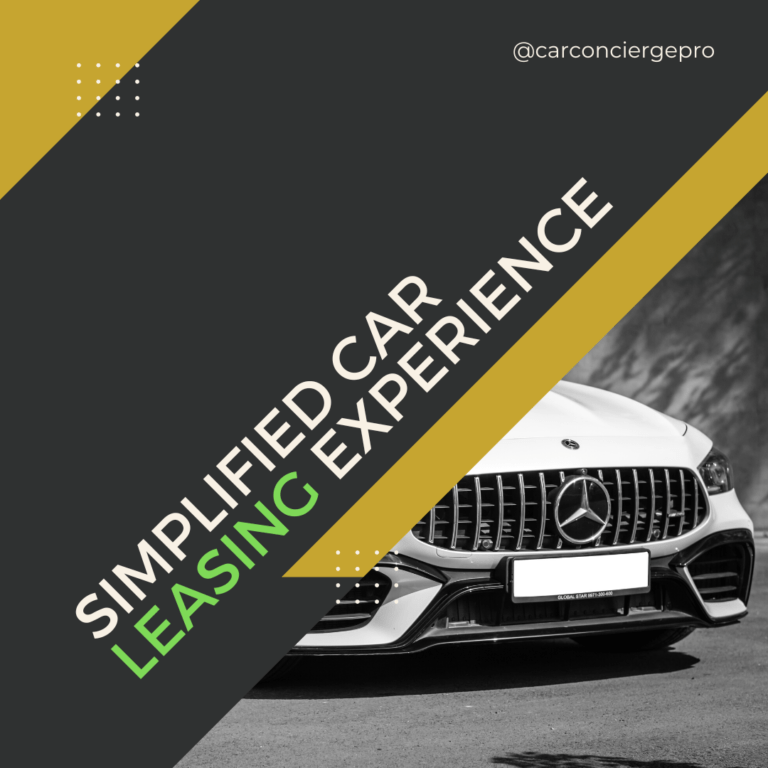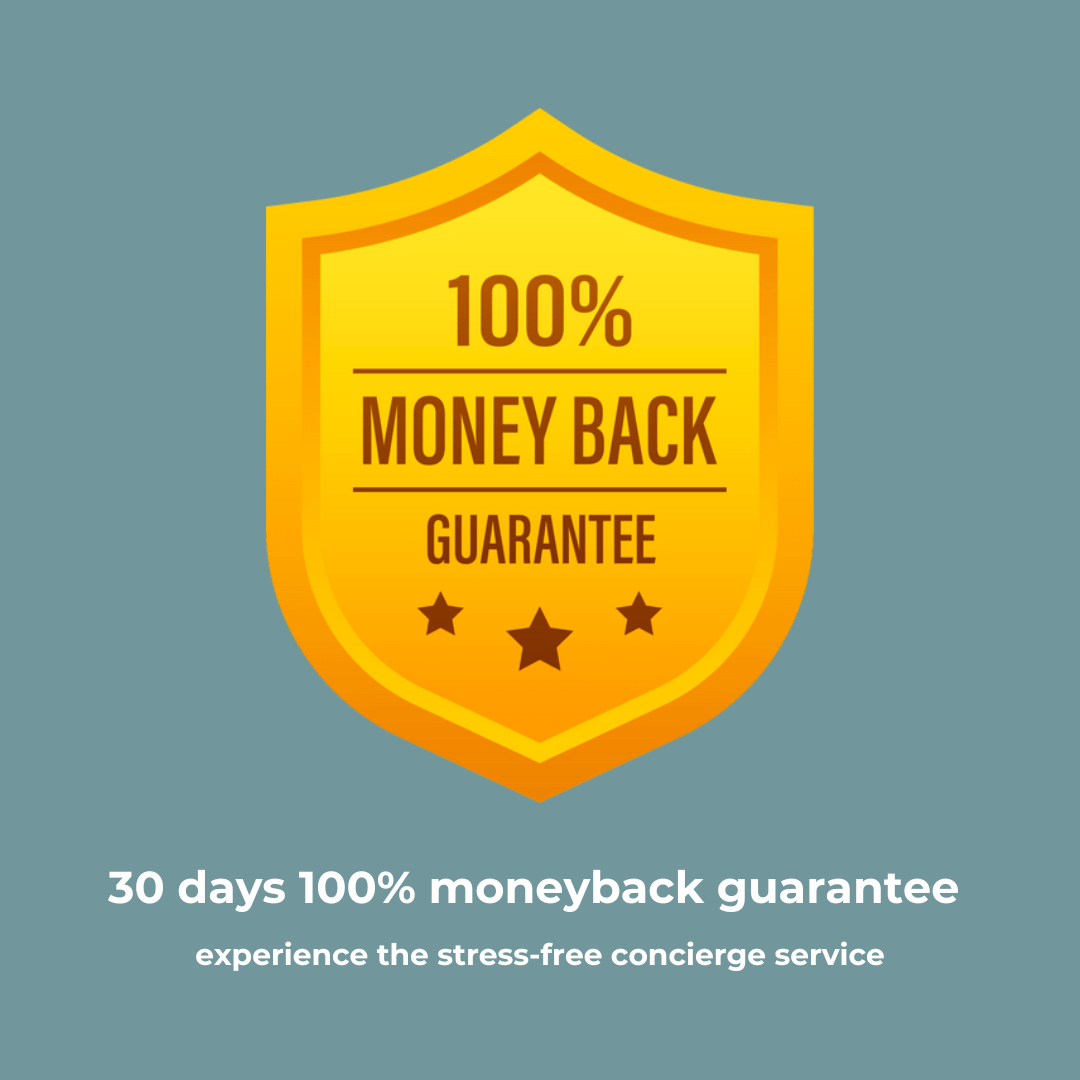Should you lease or buy a new car? Which option is the least expensive at this time? Typically, the decision is determined by priority. For some drivers, it’s all about the dollar and the cent. Others are concerned with the advantages of ownership. Before deciding, it is crucial to grasp the fundamentals of leasing vs buying a car.
Acquiring a brand-new car is a significant and exciting life achievement. But before you determine whether you want a black or red SUV or truck, you must first decide if you wish to buy or lease your next car.
Leasing Vs Buying a car: deep analysis
Both leasing and purchasing are viable options for acquiring a new automobile. Buying imposes fewer limits on how much you can drive and what you can do with the vehicle than leasing. In addition, you own the car after the loan is paid off. However, leasing is a more affordable monthly choice if you own a premium vehicle.
Leasing or purchasing a vehicle depends on the miles you anticipate driving, your budget, and the vehicle’s intended use. Use a calculator to see whether leasing or purchasing is your better financial option.
Leasing might provide you with more manageable and cheap monthly installments. However, the potential cost savings could not be enough to compensate for the disadvantages of leasing, which would mean that buying a car would be the preferable option.
For whom is leasing best?
If you want to get behind the wheel of a vehicle but can’t afford to make a sizable down payment, leasing may be the best option for you. Leasing reduces the outlay of cash per month. Also, you can afford to drive a more excellent car than you would otherwise be able to.
However, remember that leasing sometimes comes with a cap on how much you can drive each year and fees for excessive wear and tear. Leasing may not be the best option if you frequently embark on cross-country journeys.
Benefits of leasing a car
Leasing has several advantages that can help you save a lot of money.
- Less money owed.
- If you want to keep your monthly spending in check, it’s usually cheaper to lease a newer car than to buy one.
- Put down less money. Not only will you pay less throughout the lease, but you might also be able to drive off the lot without putting any money down.
- Make options for warranties. As long as you have the keys, you should be covered by the contract, which usually covers the first three years or 36,000 miles.
For whom is buying best?
Purchasing a vehicle could be ideal if you value complete autonomy concerning your transportation needs and budget. You won’t have to be concerned about mileage limits or the possibility of being charged additional fees for things like wear and tear.
You will have complete control of the car and can sell or trade it in at any time if you buy it or finance it through a loan instead of leasing it, a perk that leasing cannot give. Purchasing a vehicle or financing it through a loan requires further research.
Benefits of buying a car
Buying gives you a chance to build equity in a valuable asset and other advantages.
- No mileage limits: You won’t have to keep track of your mileage when you buy a car. You don’t have to worry about extra fees if you want to drive 100,000 miles in a year.
- No charges for wear and tear: You won’t have to worry about what a dealer thinks is normal wear and tear.
- The vehicle’s ability to be sold or traded in: Since you already own the car, you won’t have to worry about what to do when your auto loan is paid off. When you’re ready for a new car, you can trade in or sell your old one at its current market value, based on how many miles it has and how good it is.
Finally, the bottom line – leasing vs buying a car
It’s essential to consider one’s lifestyle, driving needs, and financial status while deciding between leasing and buying a car.
If you’re searching for cheaper monthly costs, a new automobile with new automotive technology every few years, and the freedom from having to do things like selling your car, leasing may be for you. It’s possible to lease a high-end model that you wouldn’t be able to afford to buy outright.
When you buy a car, you either get full ownership if you pay cash or equity in the vehicle when you make loan payments. You can manage the costs and make repairs or adjustments as you see fit.
In the long run, it has been shown that buying is a better financial choice.




 and Canada
and Canada 




